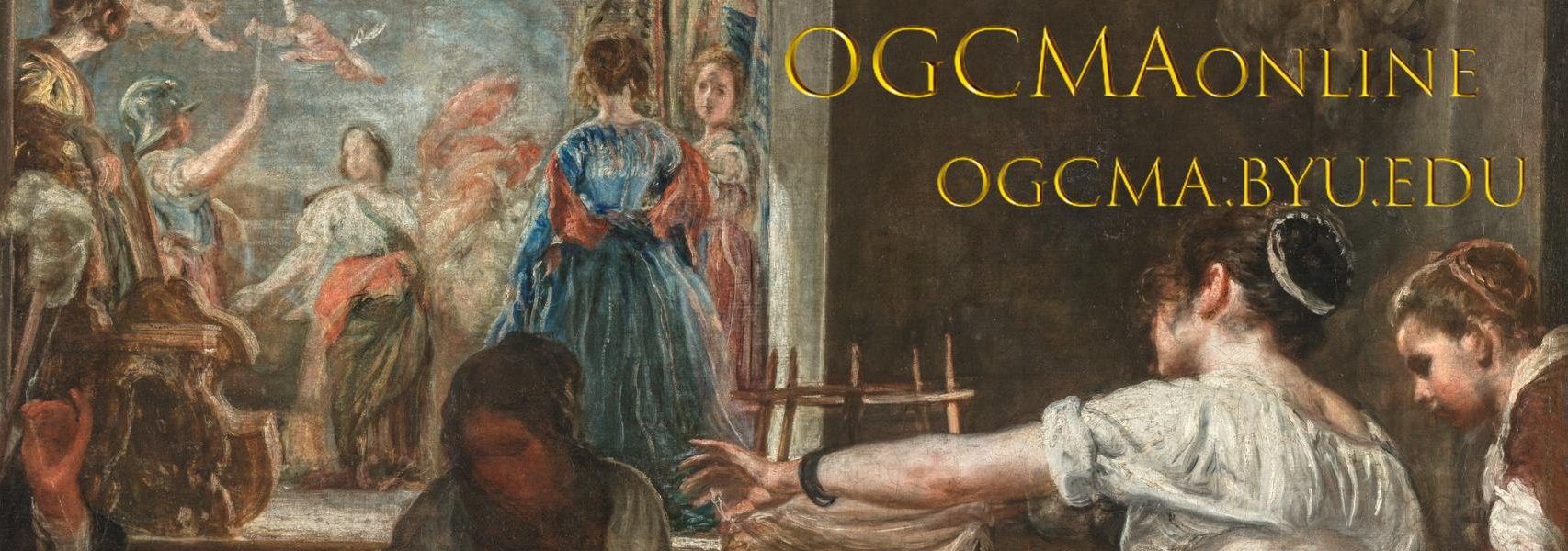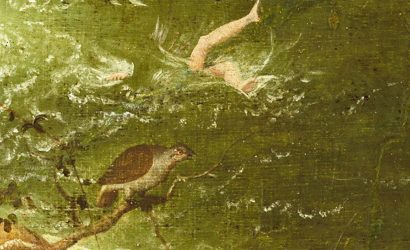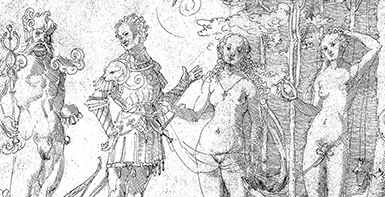Perdix is Greek for “partridge”
Perdix hardly cuts a common figure in our contemporary awareness of classical mythology. You may not have ever noticed him. Perdix flies too low for notice and only rarely squawks from the fringes. A couple of well-known Renaissance paintings adapt the Perdix myth. These adaptations …






